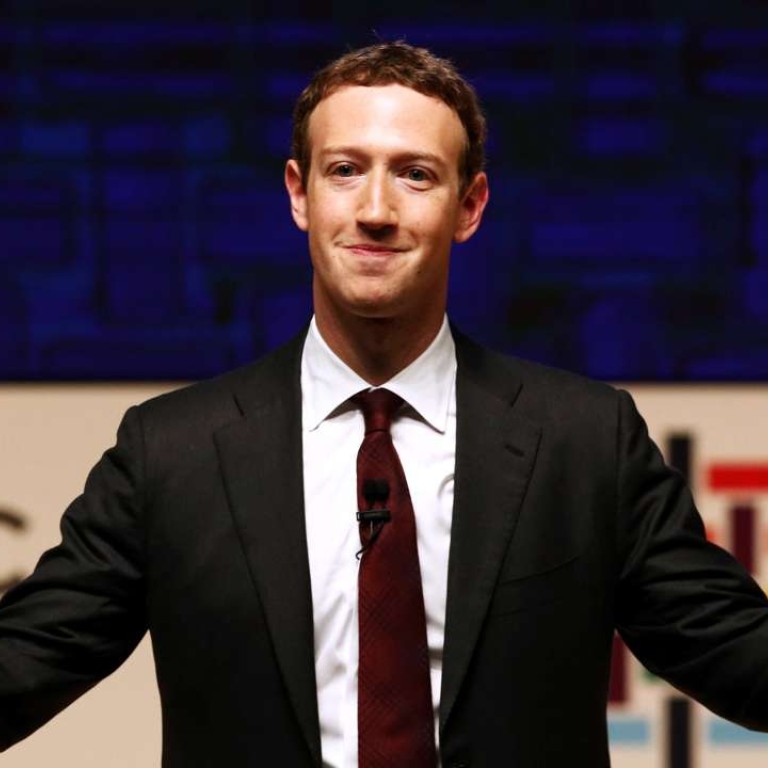
Social media tycoons should stick to tech and stay out of politics
Just because you are a social media tycoon doesn’t mean you can lead a social movement. Seduced and convinced by their own polished public relations, Silicon Valley heavyweights are wading into politics in a way that could unpredictably ricochet public opinion against them.
I miss the days when Silicon Valley tech billionaires of the 80s and 90s like Bill Gates, Larry Ellison and Paul Allen confined their competition and fascination to building expansive yachts, collecting splendid islands and shedding wives and girlfriends.
Today’s tech overlords are even bigger billionaires, their egos inflated by massive stock market valuations and new social media frontiers. But their business ambitions have spilled over into the political arena.
Much of the hubris is fuelled by the pyramid of money at the top 1 per cent. In 2012, Facebook acquired Instagram for US$1 billion. In 2014 Facebook bought WhatsApp for US$22 billion. Last year, Microsoft spent US$26.2 billion on LinkedIn. Buying up smaller companies is usually part of a wider strategy – by acquiring proprietary technologies the tech giants have gained competitive advantage and cemented their wealth.
Wealth beyond avarice as private jets and sprawling mansions have become such disaffected motifs that turning their ardour and attention to social engineering through politics has become their latest conceit.
Unlike other chief executives, Facebook founder Mark Zuckerberg is one of the first tech executives to openly and directly criticise President Donald Trump. He attacked an executive order that declared “extreme vetting” of immigrants and a ban on Syrian refugees. Zuckerberg wrote: “We should also keep our doors open to refugees and those who need to help. That’s who we are.”
And recently Zuckerberg also pledged to visit 30 states in 2017. His walkabout road trip to meet people in red states beyond Palo Alto and to enlighten himself represents his latest personal challenge.
Whether or not he admits it, Zuckerberg is directly responsible for providing the platform for the political instability upon the US, without public accountability. And it is also fast becoming a destructive influence. He owns a site that live streams gang rapes and harasses young girls into suicide. And according to a recent report by the Independent, US border agents are checking people’s Facebook pages for their political views before allowing them into the country.
Zuckerberg ought to be satisfied with his money. At his age and rapid accomplishment, it is unlikely he will be able to gain an articulated and objective world view. Spending most of his life behind a computer screen results in a narrow, limited and self-interested perspective based on technology.
Any travelling he does is by entourage, surrounded by a bubble of security and carefully manicured opinions and uncritical adoration. He just comes across as the tech version of Hillary Clinton.
It is unlikely that Zuckerberg wants to be President anytime soon. But if he did, he certainly doesn’t need the Russians to help him get elected because he already possesses all the tools and platforms to shape news and opinions.
Then, how can he compete against Trump’s agenda – a whirling dervish with a set of signing pens? He is not behaving like a President; he is more like a crusading CEO – one who introduces chaos where there is too much stability and stability where there is chaos.
Peter Guy is a financial writer and former international banker

